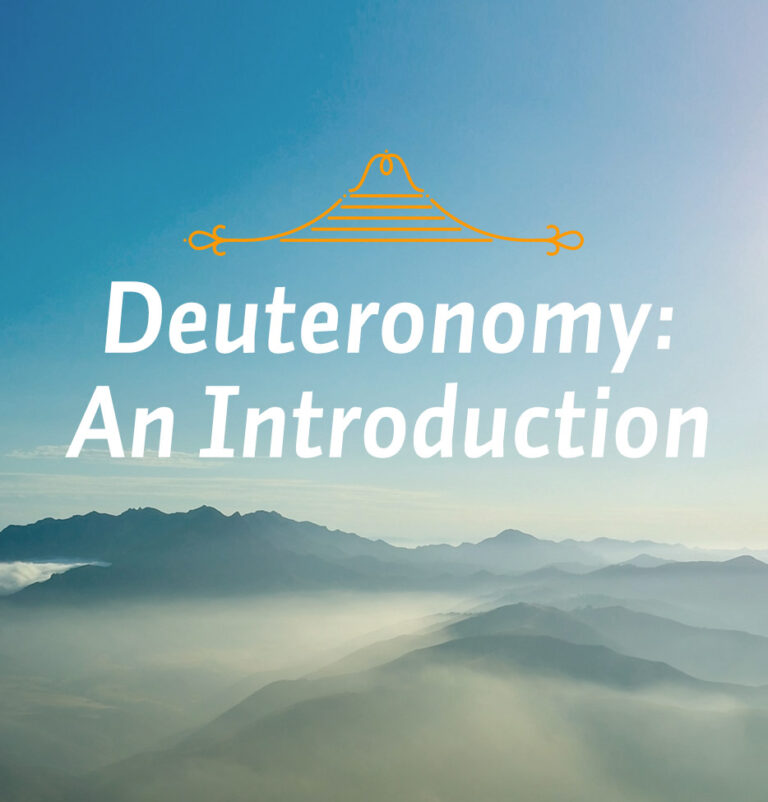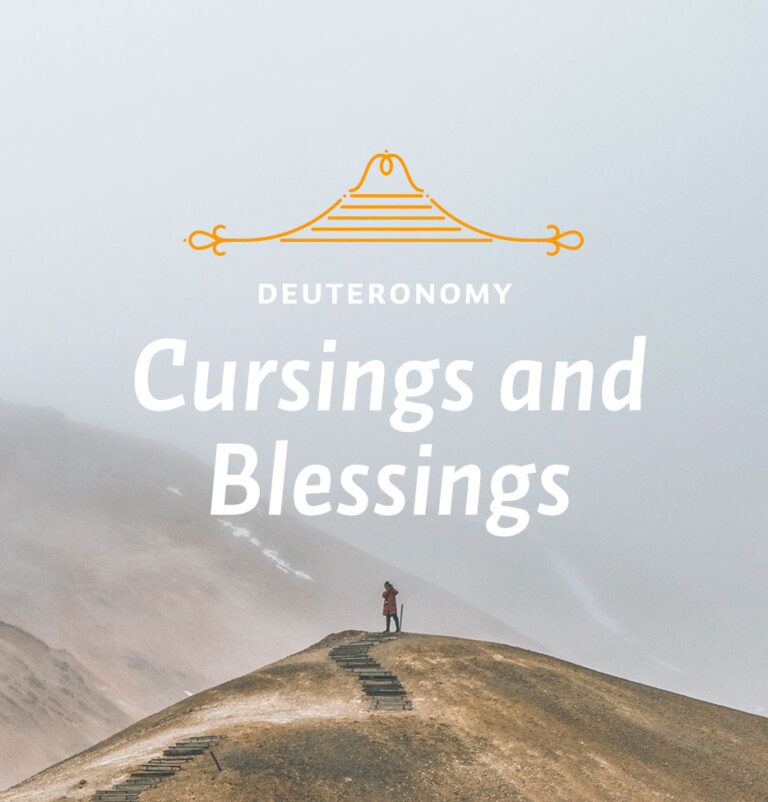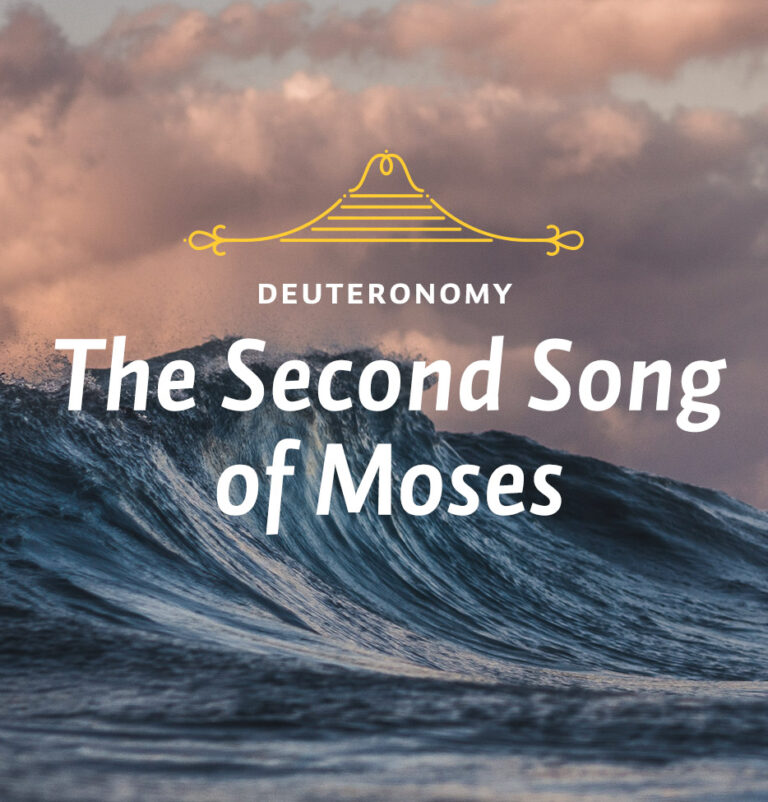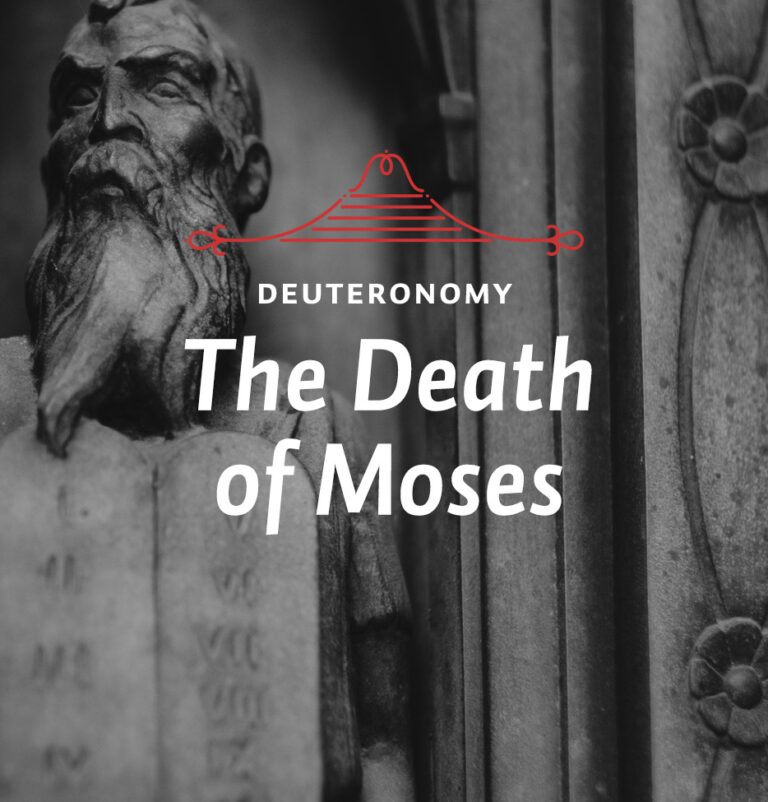
Monday: Looking at This Book: Deuteronomy 1:1-26:19
What is Deuteronomy about? Deuteronomy is a book containing Moses’ last words to the people, passionately pleading with the people on the basis of God’s law that they not forget what He has done for them in the past but that they remain faithful to Him, love Him, and obey Him in order that they might be blessed in the land. Deuteronomy really is a sermon, and if I could put it in other words, it’s actually a second sermon or a series of sermons. The word Deuteronomy is a Latin term, composed of two separate parts: deutero, which means second, and nomos, which means law. So it literally means a second law or a restatement of the law. But it is more than a simple restatement. It is actually a vigorous homiletical application of the law.






